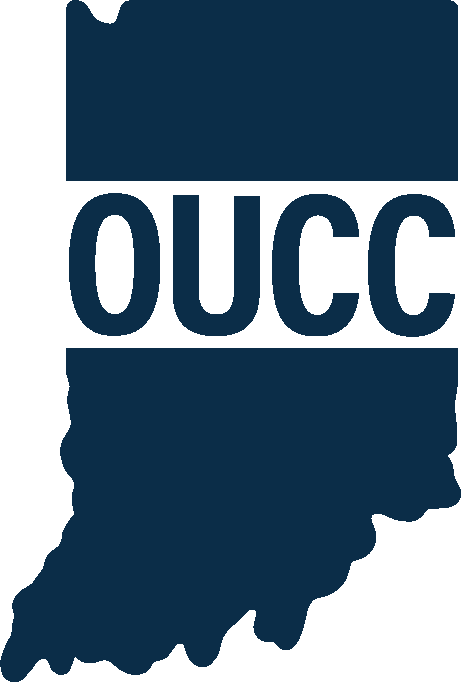Telephone Fraud: Modem Hijacking
Modem Hijacking is a form of “high-tech cramming*” that can potentially cost a consumer hundreds of dollars and could happen if you use a dial-up service for Internet access. The most common way this occurs is when the consumer visits a Website, clicks in a “pop-up” window, or opens an e-mail which downloads a dialer program or virus into the user’s computer. The program or virus then disconnects the modem from the local connection number and reconnects it to an expensive long distance number (such as a “900” or international number). The consumer frequently does not find out about the problem until receiving his or her telephone bill.
As with other forms of phone fraud, the most important way to prevent modem hijacking is to read your telephone bill carefully and keep copies of previous bills. Consumers can also take a number of preventative steps, both online and offline.
When buying a new computer or new software, or performing regular maintenance:
- Make sure all of your anti-virus, anti-pop-up, and firewall software is up to date and working properly.
- Carefully read the license agreement on any new software before you install it - including the fine print.
- Disable ActiveX code or change the setting on your Internet browser so that it alerts you whenever ActiveX code attempts to run. (ActiveX is a technology that allows for the use of multimedia and other interactive content online.)
- Unplug a regular phone line from your dial-up modem if you have upgraded to a cable or DSL connection (unless you use a program that specifically requires a dial-up connection).
- Be sure your modem is set to make a noise that you can hear whenever it makes a call. If you hear that noise while working online, end your connection immediately and check your computer for any unknown programs.
When online and using a dial-up connection:
- Stay on the alert for any noise your modem may make, as well as any pop-ups or dialog boxes on your screen.
- If a dialog box suddenly appears on your computer screen and indicates that it is making a new call to an unknown or unfamiliar number, cancel it to disconnect the call. In some cases, you may need to cancel by simultaneously pressing the “Ctrl,” “Alt” and “Delete” keys – and then canceling via the “task manager.”
- Beware of “pop-up” windows while online, be very cautious when clicking on advertisements, and use good judgment when visiting sites you are not familiar with.
- Do not open e-mails from senders you are not familiar with, or any e-mail that looks suspicious. Delete those messages immediately.
- Monitor your browser history regularly to see what sites have been visited. Pay attention to sites you’re unfamiliar with.
Additionally:
- Ask your local telephone service provider to block calls from your number to international and/or “900” numbers – if you won’t be calling them anyway. There may be a one-time fee for setting this up.
- If you use a second phone line exclusively for Internet access, consider blocking all long distance calls on that line.
- Be sure that anyone who uses your computer knows about modem hijacking and what to watch for.
If you believe you are a victim of modem hijacking, contact your local phone company and your Internet service provider immediately. If you believe improper charges have been added to your telephone bill and you suspect cramming, contact the Indiana Utility Regulatory Commission toll-free at 1-800-851-4268.
It is important to read your monthly telephone bills carefully and keep copies of all bills showing fraudulent charges, copies of all written correspondence related to the problem, and detailed notes on all correspondence with the companies you contact.
More information regarding telephone fraud – including slamming and cramming prevention tips, along with steps to take if you believe you’ve been slammed or crammed – is available on the OUCC Website at no charge. Consumers can also call the OUCC toll-free at 1-888-441-2494 to request free copies of the agency’s consumer publications.
* Telephone cramming is defined as the addition of charges to a consumer’s phone bill for services he or she did not authorize. Slamming occurs when a customer’s service is switched to a new provider without authorization. Both are violations of Indiana law (IC 8-1-29).
Indiana Office of Utility Consumer Counselor
115 W. Washington St., Suite 1500 South
Indianapolis, IN 46204
www.IN.gov/OUCC
uccinfo@oucc.IN.gov
toll-free: 1-888-441-2494
voice/TDD: 317-232-2494
fax: 317-232-5923
6/06
